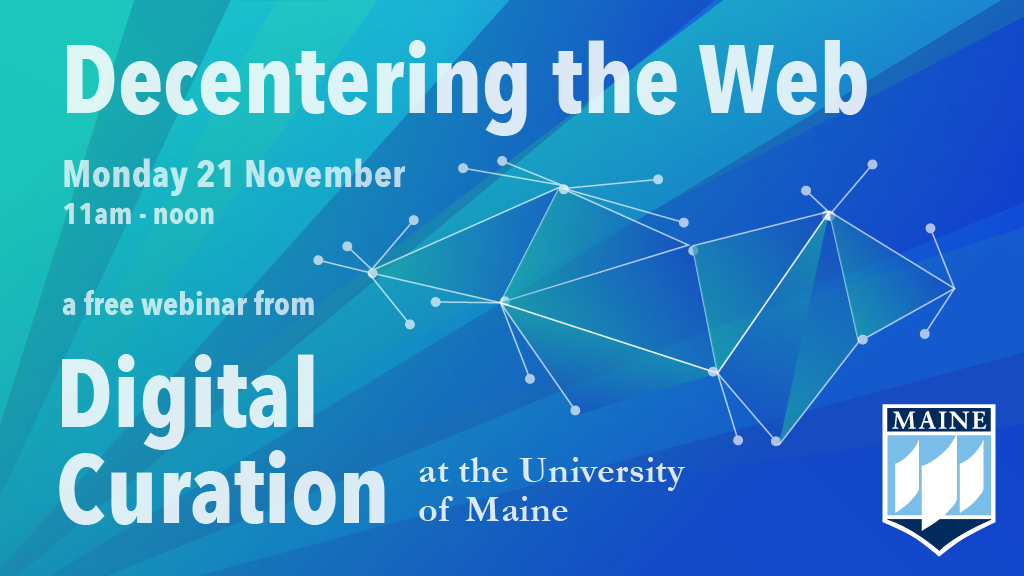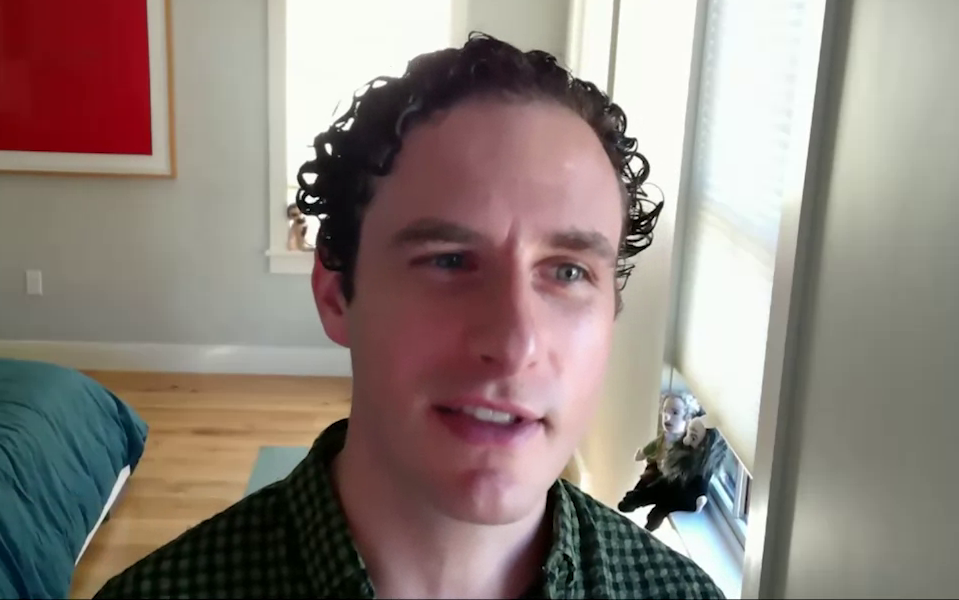
00:00 The problem with centralized platforms
02:02 Proliferating alternatives
02:36 Weyl, Ohlhaver, and Buterin on soul-bound tokens
07:02 Problems with financialized/NFT-driven web3
08:47 From platform to protocol in cultural institutions
09:32 Tokens for social connection
14:27 Trusted identities v. deep fakes
17:51 Copies as surrogate for trust historically (Mike Maizels)
22:48 Tokenizing social connections
26:17 Empowering diverse coalitions
31:11 Can tokens move among communities over time? (Ryan Cassidy)
32:48 Correlated opinion v. factual truth (John Bell and Regina Harsanyi)
38:05 Fact-determining processes v. knowledge as social construct (John Bell)
40:02 Technical sophistication required (Regina Harsanyi and Mike Maizels)
42:02 Embedding social context in data (AI)
44:46 Linear provenance v. larger context
50:44 Critique of Creative Commons
53:30 Can blockchains reconnect us to local commons? (Joline Blais)
55:27 Geographic and digital divides (Heather Van Dyne)
57:27 Decentralization v. distributed, eg Mastodon (Mike Hanley)
60:23 Renewing trust in institutions (Casey Kelly)
62:49 Decentralized government in Taiwan
66:04 Micro-DAOs (Regina Harsanyi)
72:41 Alternative webs of trust? (Joline Blais, PGP)
74:51 Elitism and the digital divide (Rene Cepeda)
77:11 Including outsiders (John Bell)
84:40 The responsibility to innovate
This teleconference is a project of the University of Maine's Digital Curation program. For more information, contact ude.eniam@otiloppij.
Timecodes are in minutes: seconds
 This conversation on potential futures for the web features Glen Weyl, a Microsoft researcher and co-author with Ethereum founder Vitalik Buterin of an influential vision for web3. Weyl will explain how their proposal for a next-generation Internet hopes to ensure creators are rewarded for their work and democracy is not subverted by disinformation and collusion.
This conversation on potential futures for the web features Glen Weyl, a Microsoft researcher and co-author with Ethereum founder Vitalik Buterin of an influential vision for web3. Weyl will explain how their proposal for a next-generation Internet hopes to ensure creators are rewarded for their work and democracy is not subverted by disinformation and collusion.
You've almost certainly read headlines about the metaverse, NFTs, and blockchain in the past year. What you may not know is that some view these technologies as just stepping stones to a more profound change from "web2," a paradigm dominated by social media platforms that exploit user data for profit, to "web3," a paradigm based on cryptographic trust.
 On 21 November 2022 UMaine's Digital Curation graduate program organized a conversation with Weyl about a pluralistic vision for web3 he co-authored with Puja Ohlhaver and Ethereum co-founder Vitalik Buterin. Weyl explains how their proposal for a next-generation blockchain hopes to ensure creators are rewarded for their work and democracy is not subverted by disinformation and collusion.
On 21 November 2022 UMaine's Digital Curation graduate program organized a conversation with Weyl about a pluralistic vision for web3 he co-authored with Puja Ohlhaver and Ethereum co-founder Vitalik Buterin. Weyl explains how their proposal for a next-generation blockchain hopes to ensure creators are rewarded for their work and democracy is not subverted by disinformation and collusion.
Also in the audience are a number of professional curators and conservators to question how web3 might change the way culture is created and shared, for better or worse.
Watch the entire video or choose an excerpt from the menu on this page.
Or view more teleconferences from the Digital Curation program.